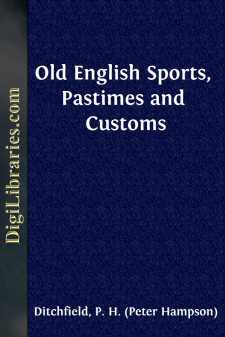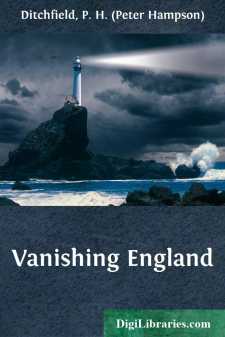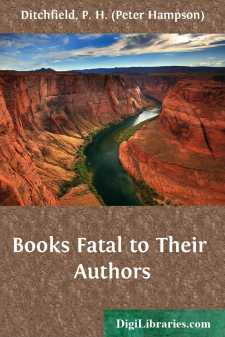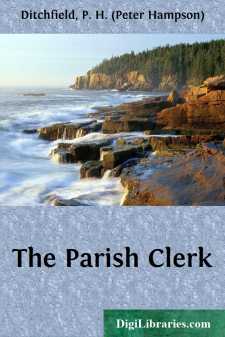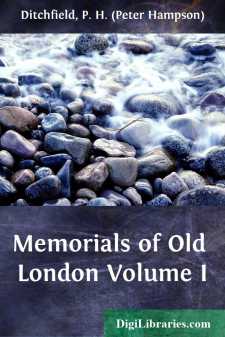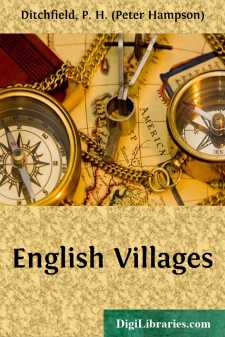Categories
- Antiques & Collectibles 13
- Architecture 36
- Art 48
- Bibles 22
- Biography & Autobiography 813
- Body, Mind & Spirit 142
- Business & Economics 28
- Children's Books 17
- Children's Fiction 14
- Computers 4
- Cooking 94
- Crafts & Hobbies 4
- Drama 346
- Education 46
- Family & Relationships 57
- Fiction 11829
- Games 19
- Gardening 17
- Health & Fitness 34
- History 1377
- House & Home 1
- Humor 147
- Juvenile Fiction 1873
- Juvenile Nonfiction 202
- Language Arts & Disciplines 88
- Law 16
- Literary Collections 686
- Literary Criticism 179
- Mathematics 13
- Medical 41
- Music 40
- Nature 179
- Non-Classifiable 1768
- Performing Arts 7
- Periodicals 1453
- Philosophy 64
- Photography 2
- Poetry 896
- Political Science 203
- Psychology 42
- Reference 154
- Religion 513
- Science 126
- Self-Help 84
- Social Science 81
- Sports & Recreation 34
- Study Aids 3
- Technology & Engineering 59
- Transportation 23
- Travel 463
- True Crime 29
Old English Sports, Pastimes and Customs
Description:
Excerpt
CHAPTER I.
JANUARY.
"Come then, come then, and let us bringUnto our pretty Twelfth-Tide King,
Each one his several offering."
Herrick'sStar Song.
Dedication Festivals—New Year's Day—"Wassail"—Twelfth Night—"King of the Bean"—St. Distaff's Day—Plough Monday—Winter Games—Skating—Sword-dancing.
N the old life of rural England few things are more interesting than the ancient sports and pastimes, the strange superstitions, and curious customs which existed in the times of our forefathers. We remember that our land once rejoiced in the name of "Merry England," and perhaps feel some regret that many of the outward signs of happiness have passed away from us, and that in striving to become a great and prosperous nation, we have ceased to be a genial, contented, and happy one. In these days new manners are ever pushing out the old. The restlessness of modern life has invaded the peaceful retirement of our villages, and railway trains and cheap excursions have killed the old games and simple amusements which delighted our ancestors in days of yore. The old traditions of the country-side are forgotten, and poor imitations of town manners have taken their place. Old social customs which added such diversity to the lives of the rustics two centuries ago have died out. Very few of the old village games and sports have survived. The village green, the source of so much innocent happiness, is no more; and with it has disappeared much of that innocent and light-hearted cheerfulness which brightened the hours of labour, and refreshed the spirit of the toiling rustic, when his daily task was done. Times have changed, and we have changed with them. We could not now revive many of the customs and diversions in which our fathers took delight. Serious and grave men no longer take pleasure in the playthings which pleased them when they were children; and our nation has become grave and serious, and likes not the simple joys which diversified the lives of our forefathers, and made England "merry."
Is it possible that we cannot restore some of these time-honoured customs? The sun shines as brightly now as ever it did on a May-day festival; the Christmas fire glows as in olden days. Let us try to revive the spirit which animated their festivals. Let us endeavour to realize how our village forefathers used to enjoy themselves, how they used to spend their holidays, and to picture to ourselves the scenes of social intercourse which once took place in our own hamlets. Every season of the year had its holiday customs and quaint manner of observance, some of them confined to particular counties, but many of them universally observed.
In the volume, recently published, which treated of the story and the antiquities of "Our English Villages," I pointed out that the Church was the centre of the life of the old village—not only of its religious life, but also of its secular every-day life. This is true also with regard to the amusements of the people. The festival of the saint, to whom the parish church was dedicated, was celebrated with much rejoicing....


